South Asia
Overview
Projects
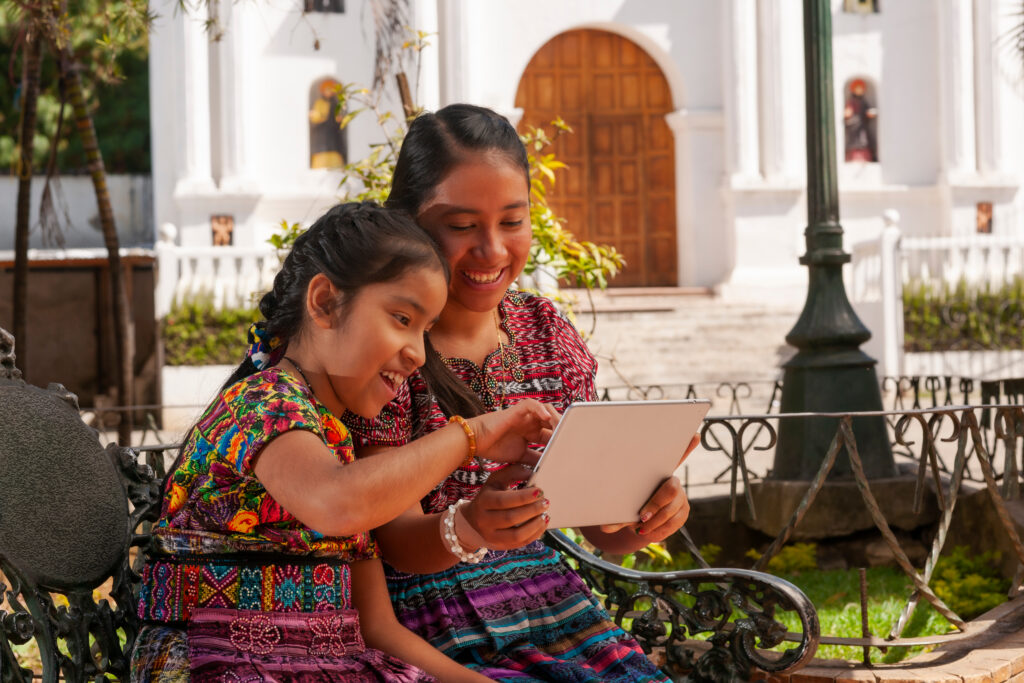
- Latin America and the Caribbean (LAC), South Asia, Sub-Saharan Africa (SSA)
- October 2023 - July 2024
- Data Feminism
- Partner(s): Fòs Feminista (Funder)
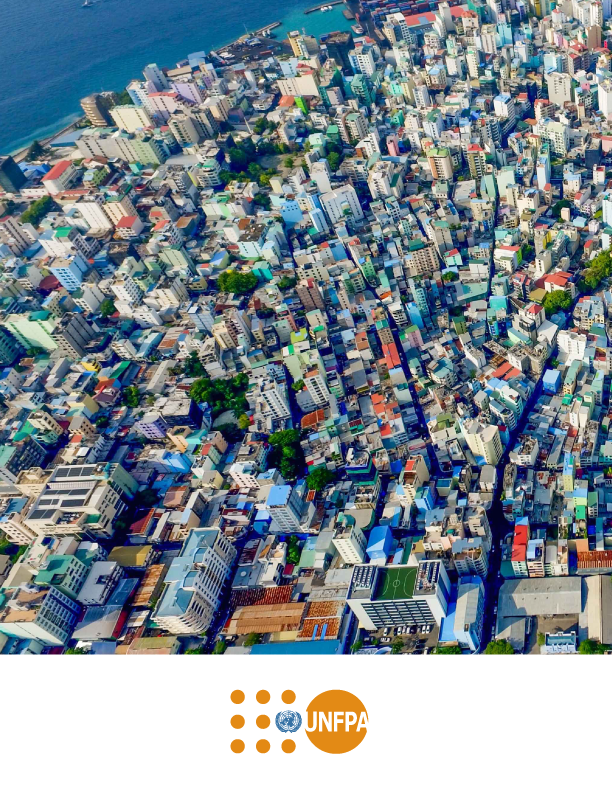
- Maldives, South Asia
- 2017 - 2018
- Geographies of Inequalities
- Partner(s): UNFPA Maldives (Funder)
Supported by UNFPA Maldives and the National Bureau of Statistics, this project aimed to use Big Data to illuminate demographic features with significant implications for development policies and programs. Specifically, our partners at Fundazione Bruno Kessler (FBK) developed a prototype to analyze population density and movement patterns by leveraging call detail records (CDRs) and new data analytic techniques. The prototype utilized the temporal dynamics derived from mobile data while preserving the anonymity of mobile users.
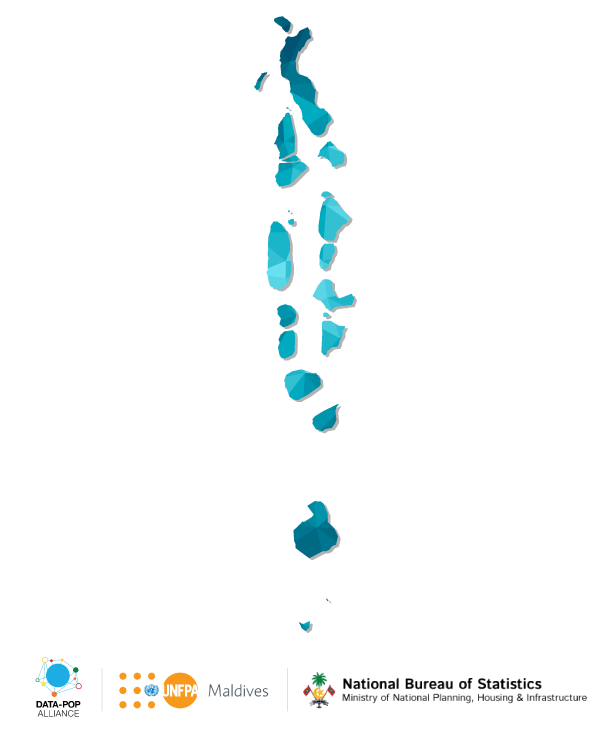
- Maldives, South Asia
- May - July 2020
- Resilient Livelihoods and Ecosystems
- Partner(s): National Bureau of Statistics Maldives, UNFPA Maldives (Funder)
In partnership with the United Nations Population Fund (UNFPA) Maldives and working closely with the National Bureau of Statistics of Maldives, this project sought to leverage Big Data sources, such as the mobile phone records (CDRs) and official statistics (household surveys) to provide data and study the effects of COVID-19 mobility restrictions on the population dynamics and mobility in the country. The study also analyzed the intricate relationships between attitudes, actual behavior and socioeconomic background in the Maldives by combining NBS survey data with movement patterns in a privacy-preserving manner. One of the main objectives of the project was to set a new benchmark for innovative application of mobile phone analytics in the region and beyond as a way to address population needs and monitor the impacts of shocks and stressors. The outputs of this projects included an analysis and policy paper with recommendations synthesizing key insights on the population dynamics obtained through CDR analysis and outlining applications towards advancement of five SDGs; and a capacity building-toolkit and ‘how-to” guide for using innovative data analytics methodologies and collecting and analyzing alternative data sources.
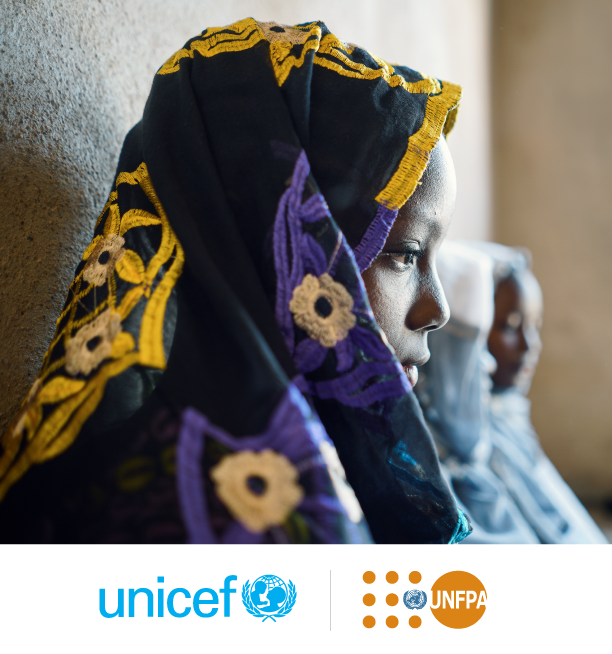
- Africa, Asia Pacific, Bangladesh, Burkina Faso, Egypt, Ethiopia, Ghana, India, Kenya, Mozambique, Nepal, Sierra Leone, South Asia, Sudan, Uganda, Zambia
- June 2022 - May 2023
- Data Feminism
- Partner(s): UNFPA, UNICEF (Funder)
The need to end child marriage and FGM has never been greater –without accelerated progress to end both of these harmful practices, millions of women and girls across the globe will continue to be in danger. DPA, in collaboration with UNICEF and UNFPA, conducted a comprehensive landscape mapping and review of key technology-based interventions to address child marriage and FGM across 13 countries in Africa and Asia (Bangladesh, Burkina Faso, Egypt, Ethiopia, Ghana, India, Kenya, Mozambique, Nepal, Sierra Leone, Sudan, Uganda, Zambia). During the second phase of the project, DPA carried out an in depth review of three selected interventions to better understand their effectiveness, key success factors, and potential areas for improvement.
The methodology proposed by DPA was based on intersectional feminist approach and an analysis integrating both quantitative and qualitative research methods, as well as traditional and non-traditional data sources collected at different stages of the study, underpinned by a participatory approach involving UNICEF, UNFPA, and other stakeholders.
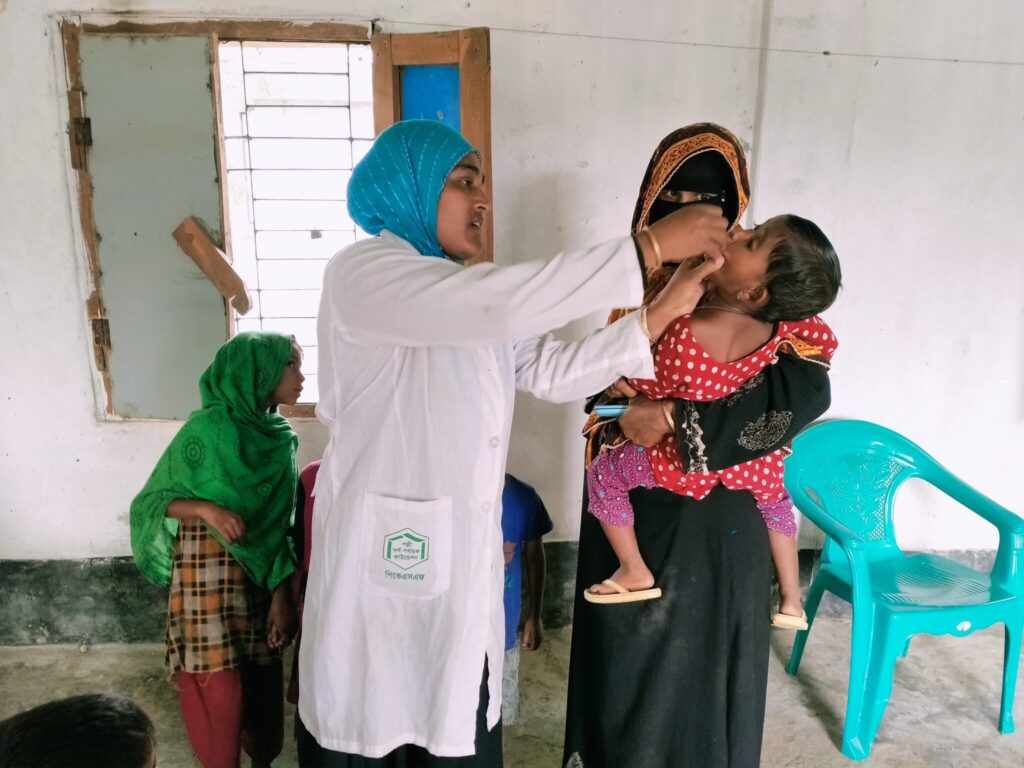
- Bangladesh, South Asia
- March - June 2024
- Data Feminism, Geographies of Inequalities
- Partner(s): UN Women (Funder), UN Women Bangladesh
Data-Pop Alliance (DPA), in collaboration with UN Women, conducted a geospatial analysis of care systems within Bangladesh to facilitate evidence-based decision-making processes and investments in the care economy. Utilizing data from the geo-coded Demographic and Health Survey conducted in Bangladesh in 2022, this analysis aimed to identify districts with the highest concentration of children and other age-specific care requirements, assess women’s employment rates and relevant economic indicators, and incorporate climate-related factors to understand the potential impact of climate change on care demands. The primary objective of this research was to enhance evidence-informed decision-making processes regarding investments in various types of care delivery models tailored to specific care demands.
